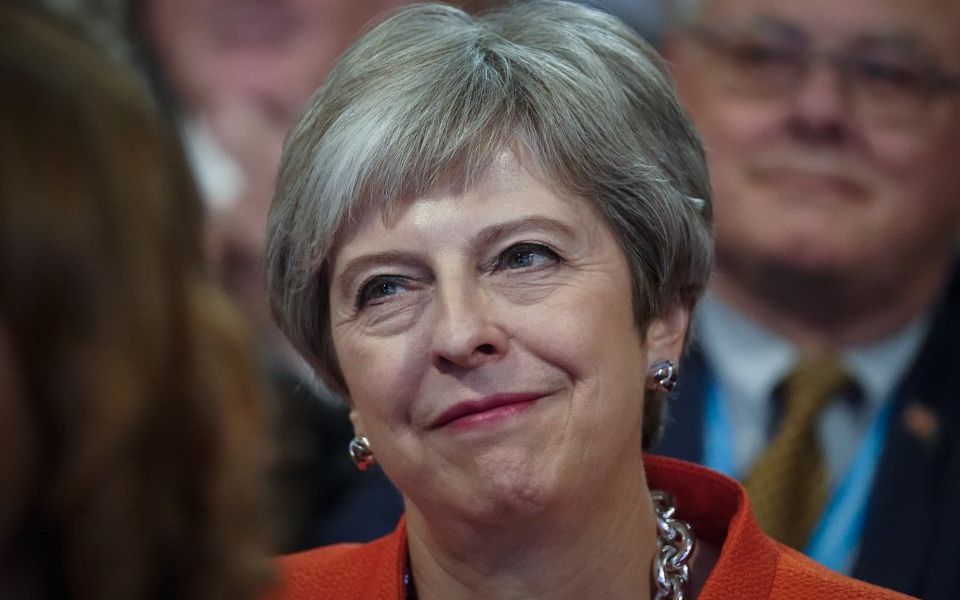Raising stamp duty for foreigners won’t fix Britain’s housing crisis

It can't be easy, being Theresa May.
The Prime Minister faces constant battles on several fronts – grappling with negotiators in Brussels, rebutting opposition parties in Westminster, and fending off leadership plotters within her own ranks. Little surprise the domestic policy agenda can sometimes seem like an afterthought.
Ahead of this week's Tory party conference Downing Street became concerned that May had failed to flesh out last year's promise to restore the "British dream" of home ownership. The PM needed a policy. Thus, we have a new proposal – higher stamp duty for foreign buyers.
The move is depressingly predictable in today's political climate: it blames foreigners, lifts the tax burden, and completely ignores the root of the problem it is claiming to address.
The government cites an academic study that suggests house purchases by overseas companies have nudged up prices. Fair enough – with supply as squeezed as it has been for over two decades, any aspect of demand is likely to have contributed to higher prices.
However, it is clearly not one of the main drivers. Home ownership dropped sharply in recent times as housebuilding failed to match rising demand while easy money and fiscal doping pushed prices sharply upwards.
Rather than confronting these home-made issues, politicians continue to peddle the myth of the foreign-bought empty property warping the market. In reality, the number of empty properties is relatively insignificant; in London, with its 3.5m dwellings, just over 20,000 are classified as long-term vacant according to official figures from 2017. The number has halved since 2006.
Hence numerous studies, including the one cited this weekend by Downing Street, rubbish the "buy to leave" theory. Some also find that foreign demand has enabled developers to build faster, increasing supply and helping weigh down rental costs in the capital.
The PM’s new policy could, therefore, have the unintended consequence of pushing up rental costs. Meanwhile she and too many of her cabinet ministers continue to stand in the way of any meaningful planning reform.
It is a sorry situation, but one that has become typical of today’s Conservative Party